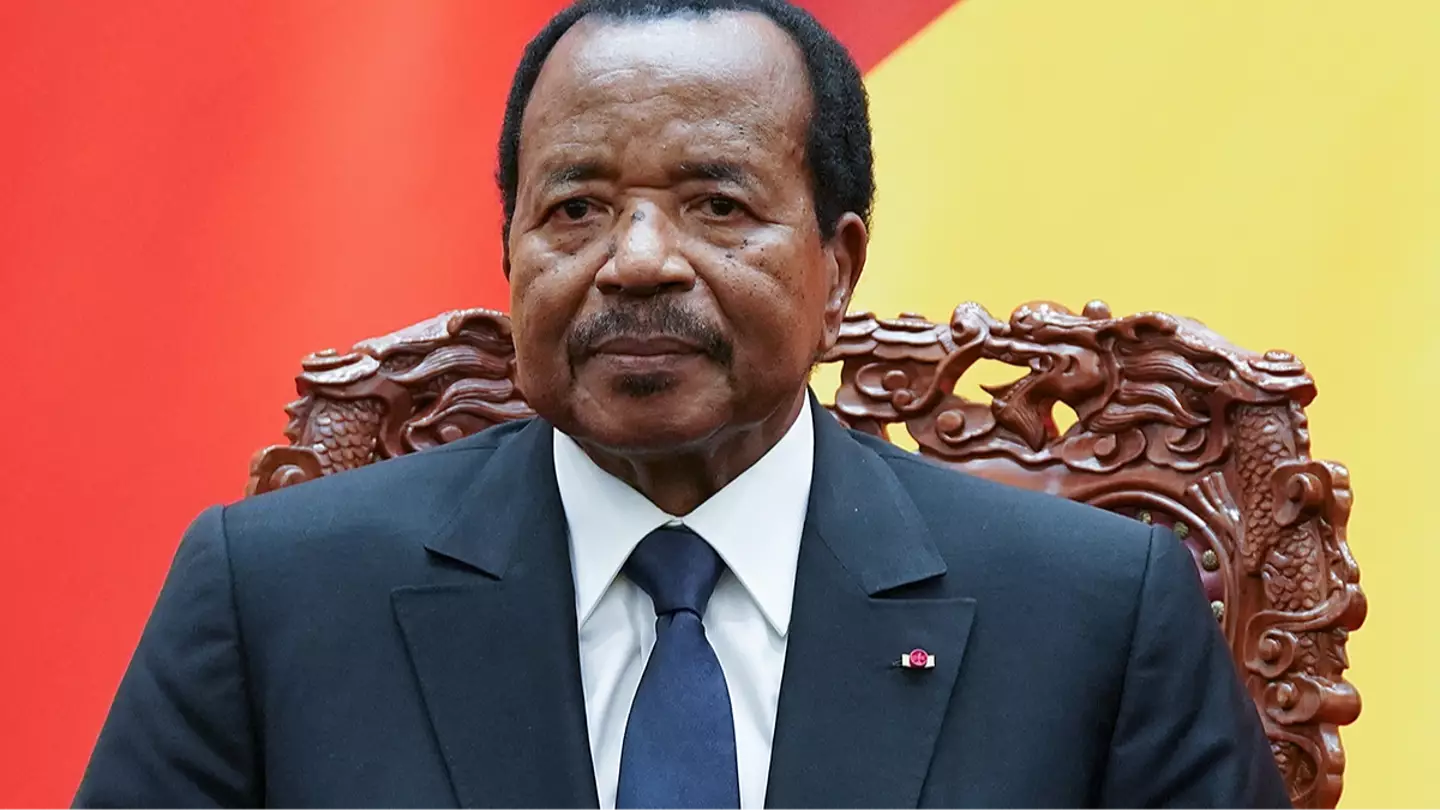The world’s oldest president has once again broken his own record by being re-elected at the age of 92, amidst ongoing civil unrest.
President Paul Biya has led Cameroon for over four decades, initially serving as prime minister in 1975 before becoming president in 1982. His lengthy tenure not only ranks him among the longest-serving presidents globally but also among the oldest, as he recently celebrated his 92nd birthday in February.
The Cameroon People’s Democratic Movement (RDPC) has consistently outmaneuvered the opposition, with Biya securing significant majorities in elections dating back to the 1990s.
Cameroon’s top court confirmed his election victory on October 27, extending his presidency by another seven years, which means he will be 99 when the next election comes around.
Voters in the central African nation cast their ballots on October 12, with the electoral commission reporting that Biya received 53.66 percent of the votes.
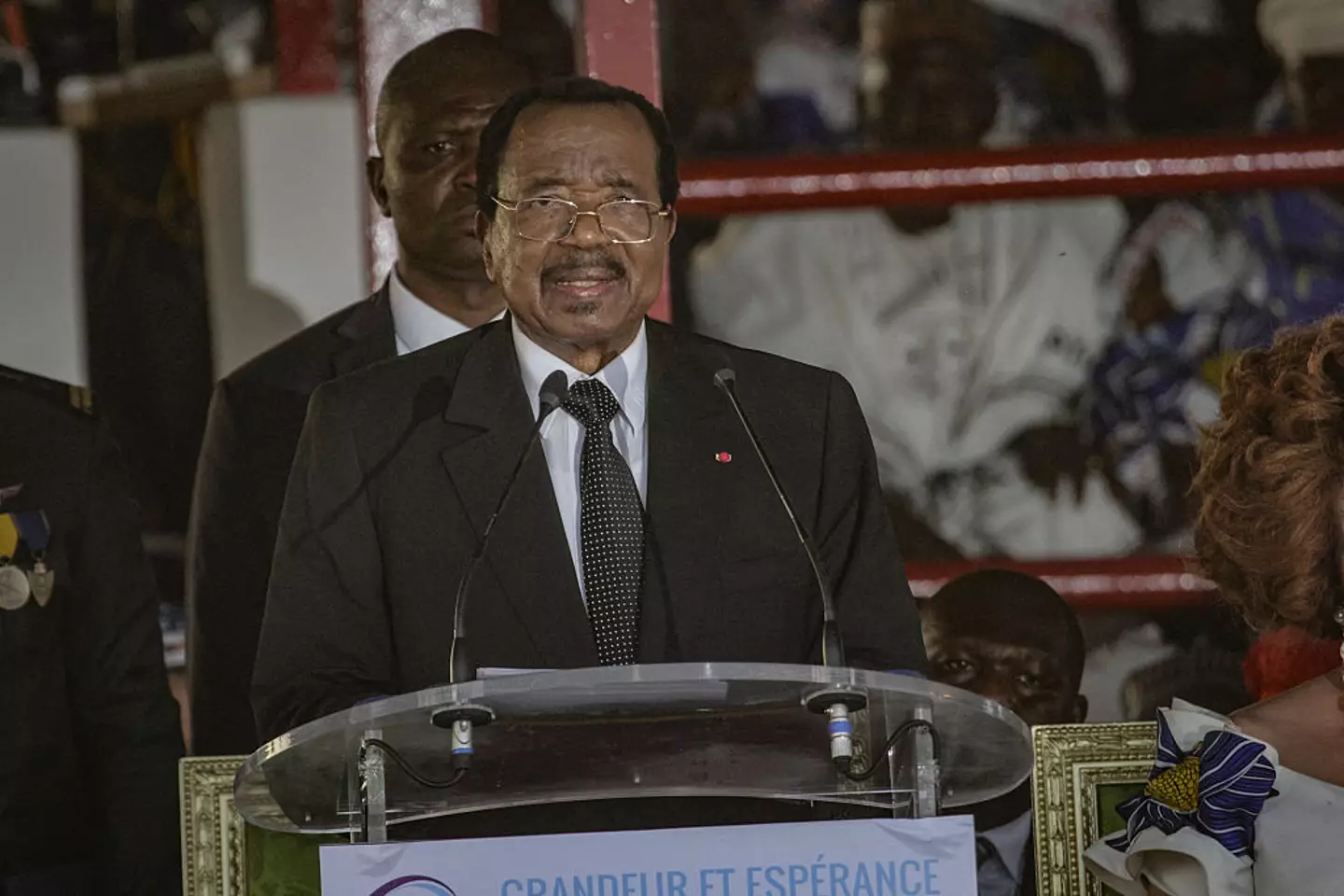
His opponent, Issa Tchiroma Bakary, a former minister of employment who left to join the opposition, reportedly garnered only 35.19 percent of the vote.
The election results quickly led to violence across the country, as voters demanded more credible results, citing widespread distrust in the electoral process.
At least four people were killed, including a teacher hit by stray bullets, and dozens more were arrested as Cameroonian police clashed with demonstrators.
According to The Express, all four protesters were shot dead by officials, with at least 105 being detained after taking to the streets in Douala.
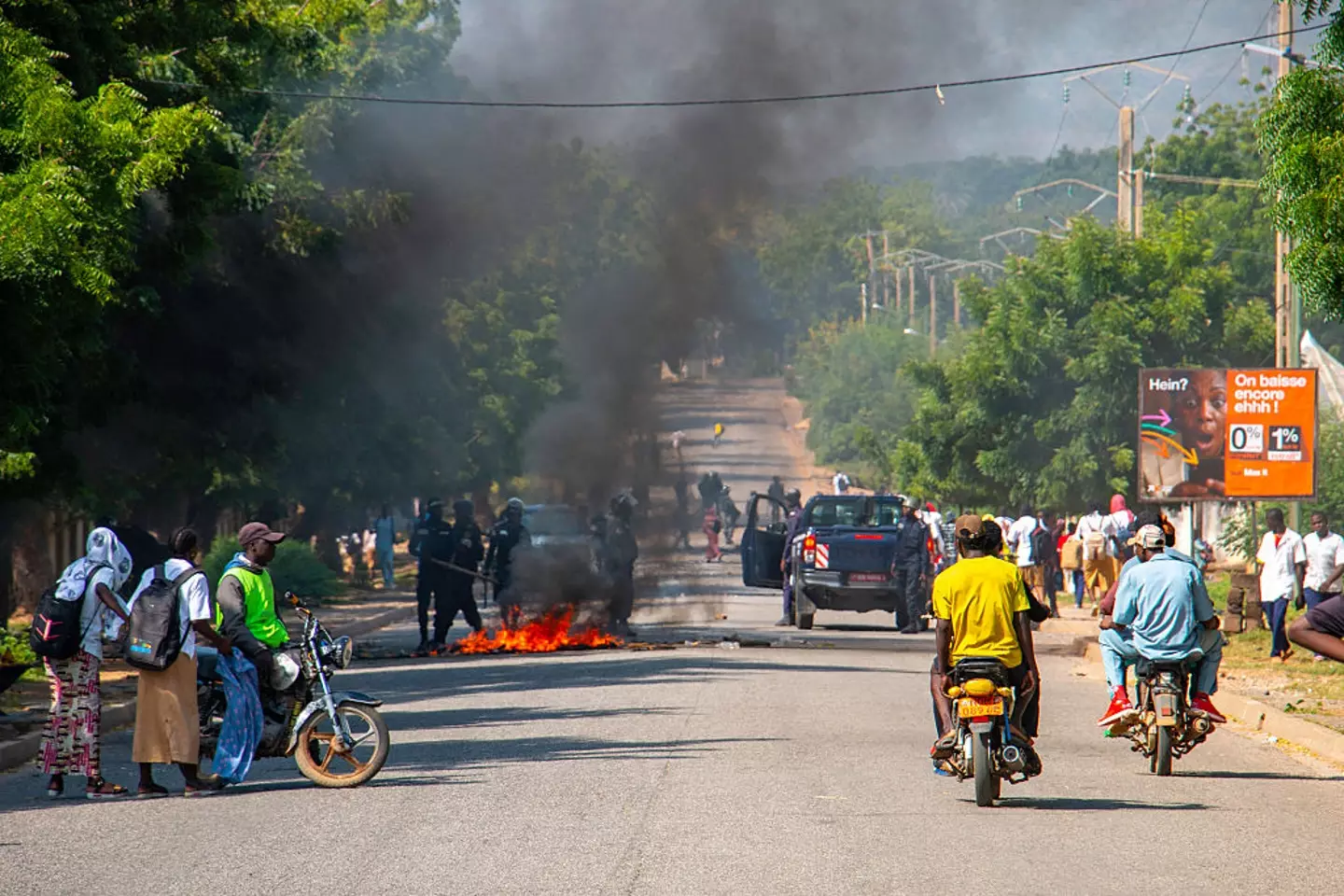
The Constitutional Council dismissed various petitions from opposition parties accusing the government of electoral malpractice.
Bakary, leader of the Cameroon National Salvation Front, also declared himself the rightful leader, claiming to have secured 54.8 percent of the vote compared to Biya’s 31.3 percent, and warned that the council’s validation of Biya’s victory would be a ‘breach of trust.’
“The vast majority of the Cameroonian people will never accept that the council validates the historic scale of ballot stuffing and falsification,” Bakary stated.
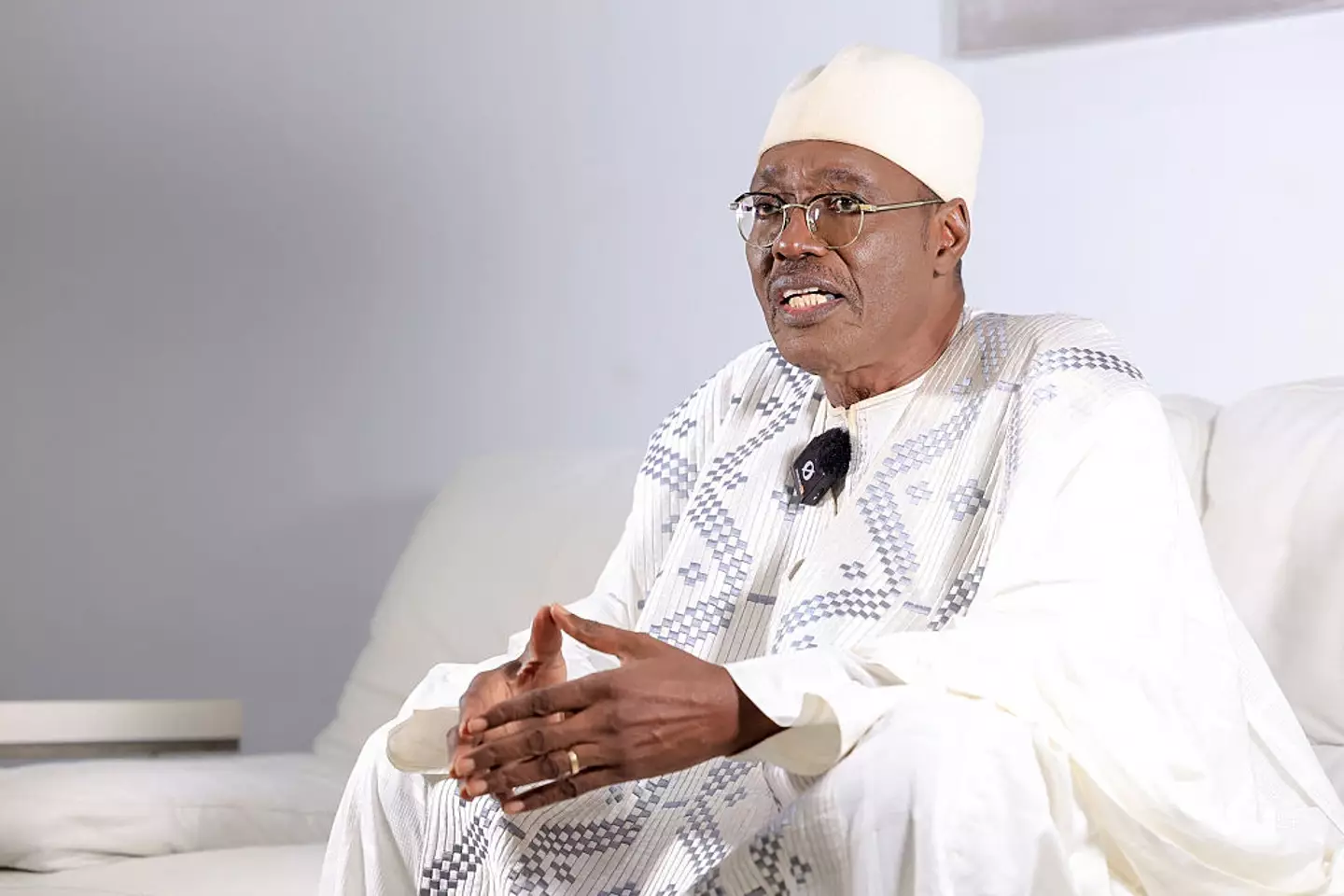
Protests also erupted in Bakary’s hometown of Garoua and in Maroua, a city in the Far North region known for its poverty and support for Bakary. A group of young citizens wrote to their regional governor expressing their frustration.
The letter asserted that citizens voted for Bakary but accused the government of election rigging, highlighting the severe poverty in the area. It stated, “It’s better to go join Boko Haram in Sambisa [in Nigeria] than to stay for another seven years,” as reported by The Guardian. “If you let us go, you and the CPDM activists will pay with blood in Maroua.”
Meanwhile, Biya’s party dismissed Bakary’s claims as a ‘grotesque hoax’ and an ‘unacceptable fraud in a state of law’.
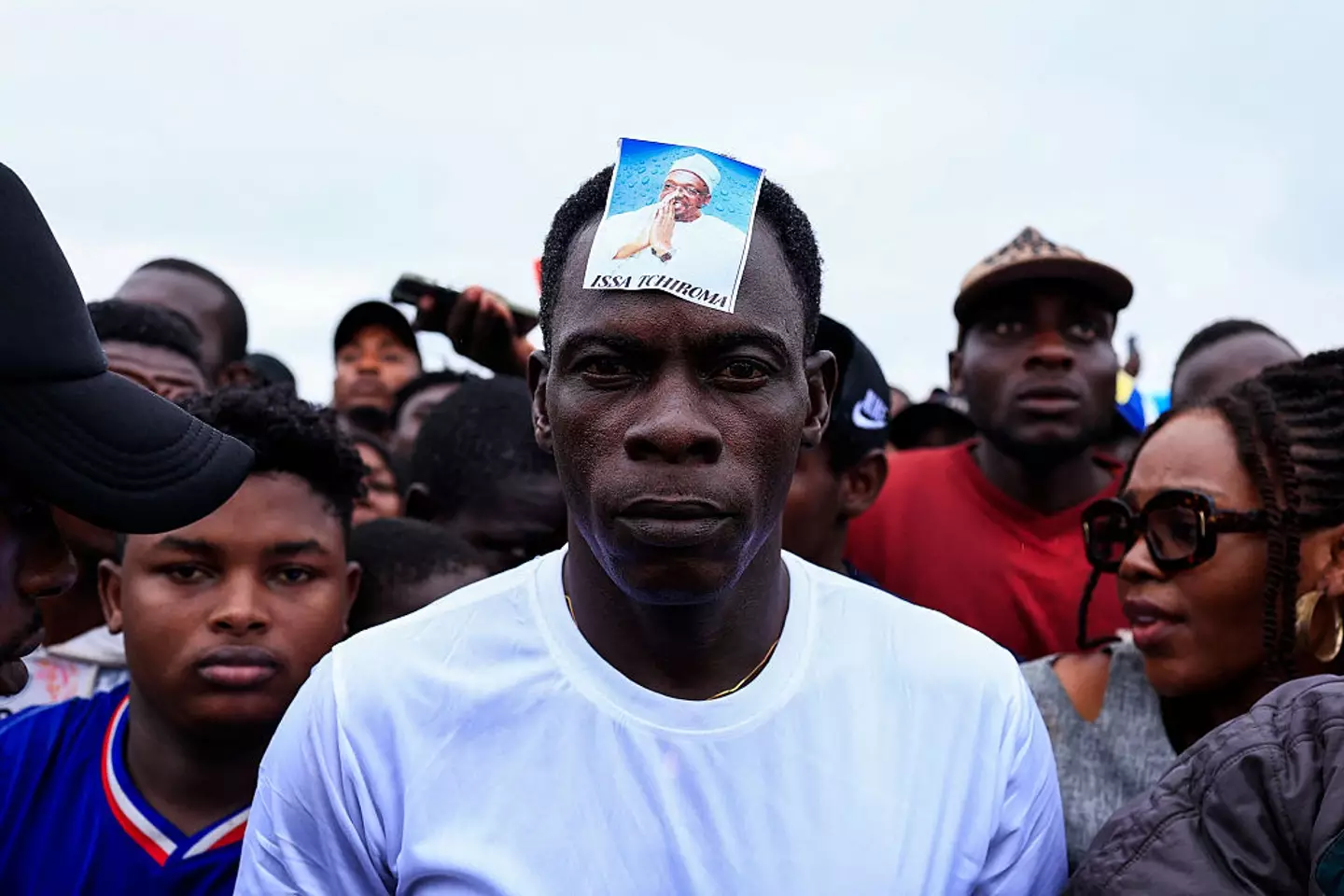
In a televised address, Paul Atanga Nji, the minister of territorial administration, warned that many protesters would face military tribunal trials on ‘serious charges, including incitement to rebellion and insurrection’.
This announcement has raised concerns about Biya’s health and capacity to govern, as much of the president’s responsibilities have recently been handled by party officials and family members.
Despite spending considerable time in Europe, Biya rejected calls to step down when announcing his candidacy, stating, “In the face of increasingly difficult international environment, the challenges facing us are more and more pressing. In such a situation, I cannot shirk my mission.”

